Bruce Lee
From Wikipedia, the free encyclopediaJump to: navigation, search
For the British arsonist, see Bruce George Peter Lee.
Bruce Lee
Bruce Lee
Chinese name 李小龍 (Traditional)
Chinese name 李小龙 (Simplified)
Pinyin Lǐ Xiǎolóng (Mandarin)
Jyutping lei5 siu2 lung4 (Cantonese)
Birth name Lee Jun-fan
李振藩 (Traditional)
李振藩 (Simplified)
Lǐ Zhènfān (Mandarin)
lei5 zan3 faan4 (Cantonese)
Ancestry Shunde, Guangdong, China
Origin Hong Kong
Born 27 November 1940(1940-11-27)
San Francisco, California, USA
Died 20 July 1973 (aged 32)
Hong Kong
Resting place Seattle, Washington, USA
Lakeview Cemetery
Occupation Martial arts instructor, actor, philosopher, film director, screenwriter, and martial arts founder
Years active 1941–1973
Spouse(s) Linda Emery (born 1945) (1964-1973)
Children Brandon Lee (1965–1993)
Shannon Lee (born 1969)
Parents Lee Hoi-chuen (1901-1965)
Grace Ho
Official Website Bruce Lee Foundation
Bruce Lee official website
[show]Awards
Hong Kong Film Awards
Lifetime Achievement Award[1]
1994
Golden Horse Awards
Best Mandarin Film
1972 Fist of Fury [1]
Special Jury Award
1972 Fist of Fury
Bruce Lee (Chinese: 李小龍; pinyin: Lǐ Xiăolóng, born Lee Jun-fan (Chinese: 李振藩; pinyin: Lǐ Zhènfān); 27 November 1940 – 20 July 1973) was a Chinese American[2] actor,[3] martial arts instructor,[4] philosopher, film director, film producer, screenwriter, and founder of the Jeet Kune Do martial arts movement. He is considered one of the most influential martial artists of the 20th century, and a cultural icon.[5]
Lee was born in San Francisco, California in the United States, to parents of Hong Kong heritage but raised in Hong Kong until his late teens. Upon reaching the age of 18, Lee emigrated to the United States to claim his U.S. Citizenship[6] and receive his higher education. It was during this time he began teaching martial arts, which soon led to film and television roles.
His Hong Kong and Hollywood-produced films elevated the traditional Hong Kong martial arts film to a new level of popularity and acclaim, and sparked a major surge of interest in Chinese martial arts in the West in the 1970s. The direction and tone of his films changed and influenced martial arts and martial arts films in Hong Kong and the rest of the world as well. He is noted for his roles in five feature-length films, Lo Wei's The Big Boss (1971) and Fist of Fury (1972); Way of the Dragon (1972), directed and written by Lee; Warner Brothers' Enter the Dragon (1973), directed by Robert Clouse; and The Game of Death (1978), directed by Lee.
Lee became an iconic figure known throughout the world and remains very popular among Asian people and in particular among the Chinese, as he portrayed Chinese nationalism through his films.[7] While Lee initially trained in Wing Chun, he later rejected well-defined martial art styles, favoring instead to utilize useful techniques from various sources in the spirit of his personal martial arts philosophy he dubbed Jeet Kune Do (The Way of the Intercepting Fist).[8]
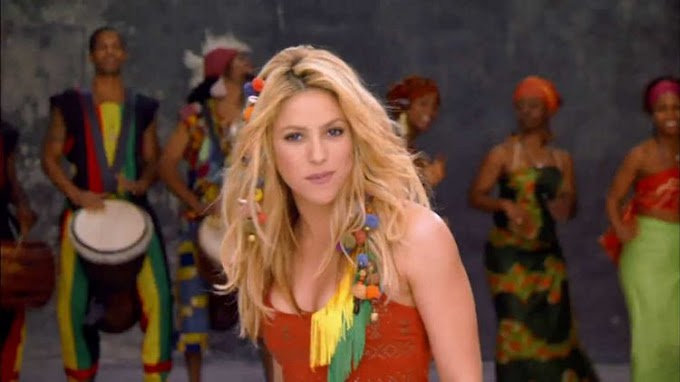
shakira waka waka
August 06, 2010
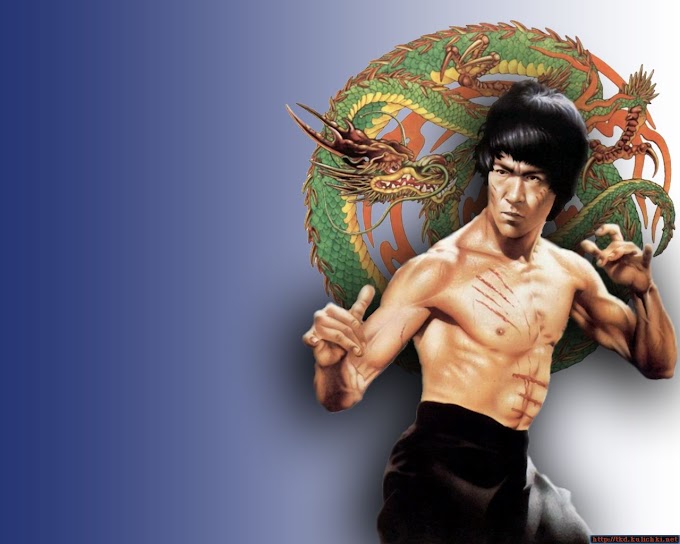
bruclee
August 06, 2010
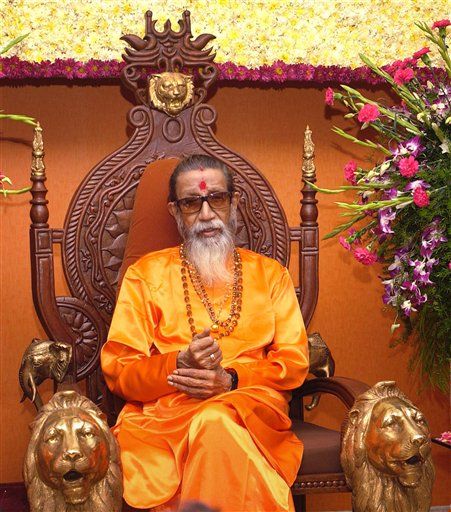
Bal Thackeray
August 07, 2010
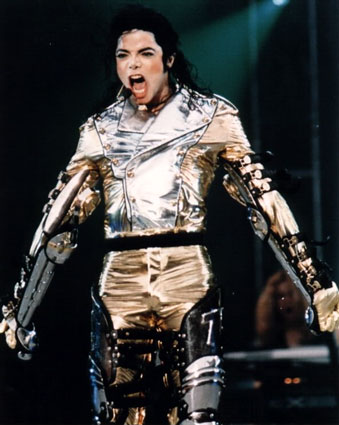
micheal jackson
August 06, 2010
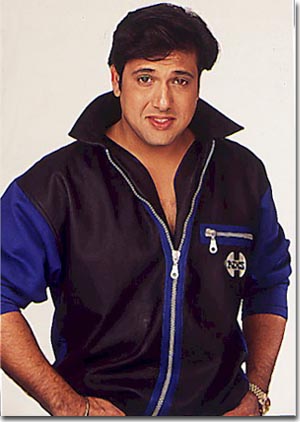
govinda actor
August 06, 2010

ayesha takia
August 06, 2010

ROSHAN SINGH SODHI ROSHAN GOGI
August 05, 2010
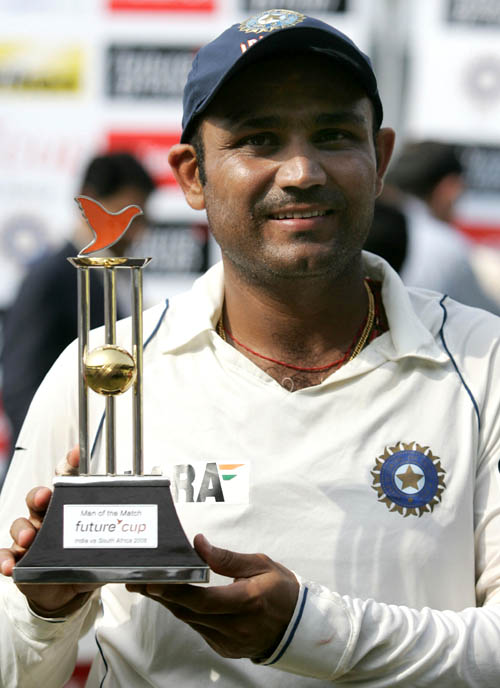
virendra sehwag
August 06, 2010

Eassy of gandhi ji
August 06, 2010
About Me
Search This Blog
Popular Posts
Amitabh Bachchan
August 07, 2010
republic day of congo
August 06, 2010
Jaya Bachchan
August 07, 2010
Subscribe Us
Categories
Recent Posts
3/recent/post-list
Categories
Tags
Recent in Recipes
3/Food/post-list
Created By SoraTemplates | Distributed By Blogger Themes


0 Comments